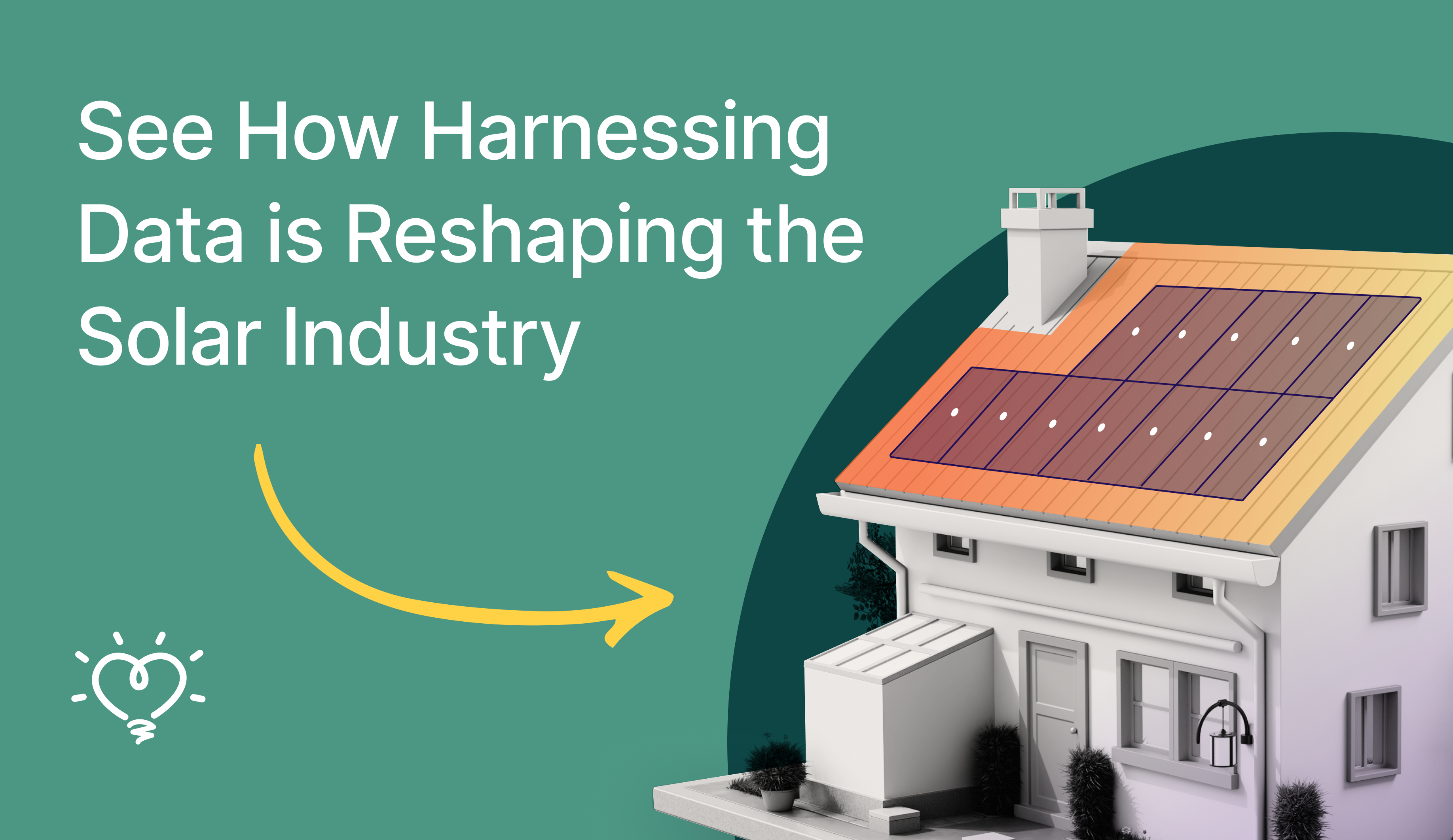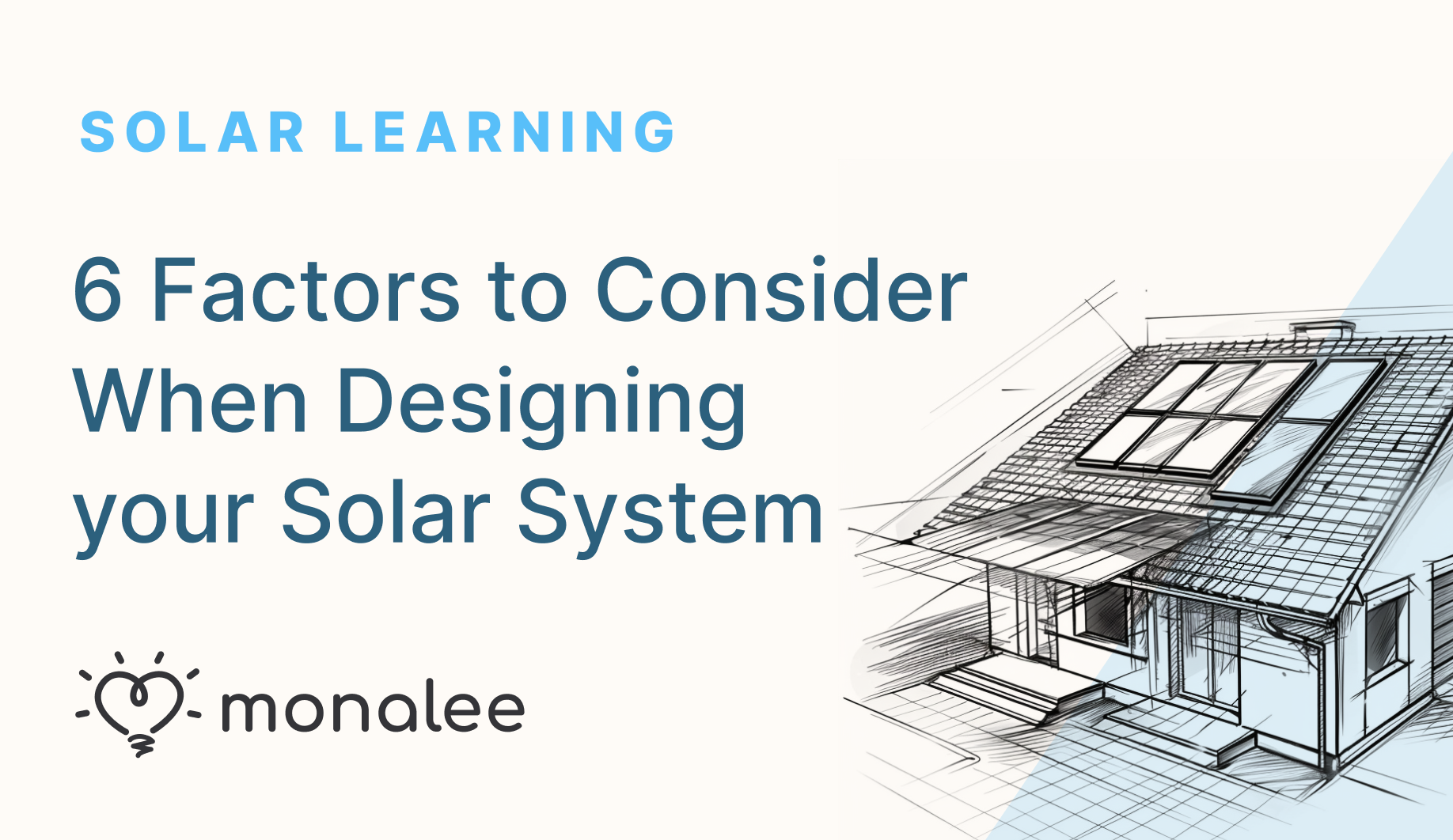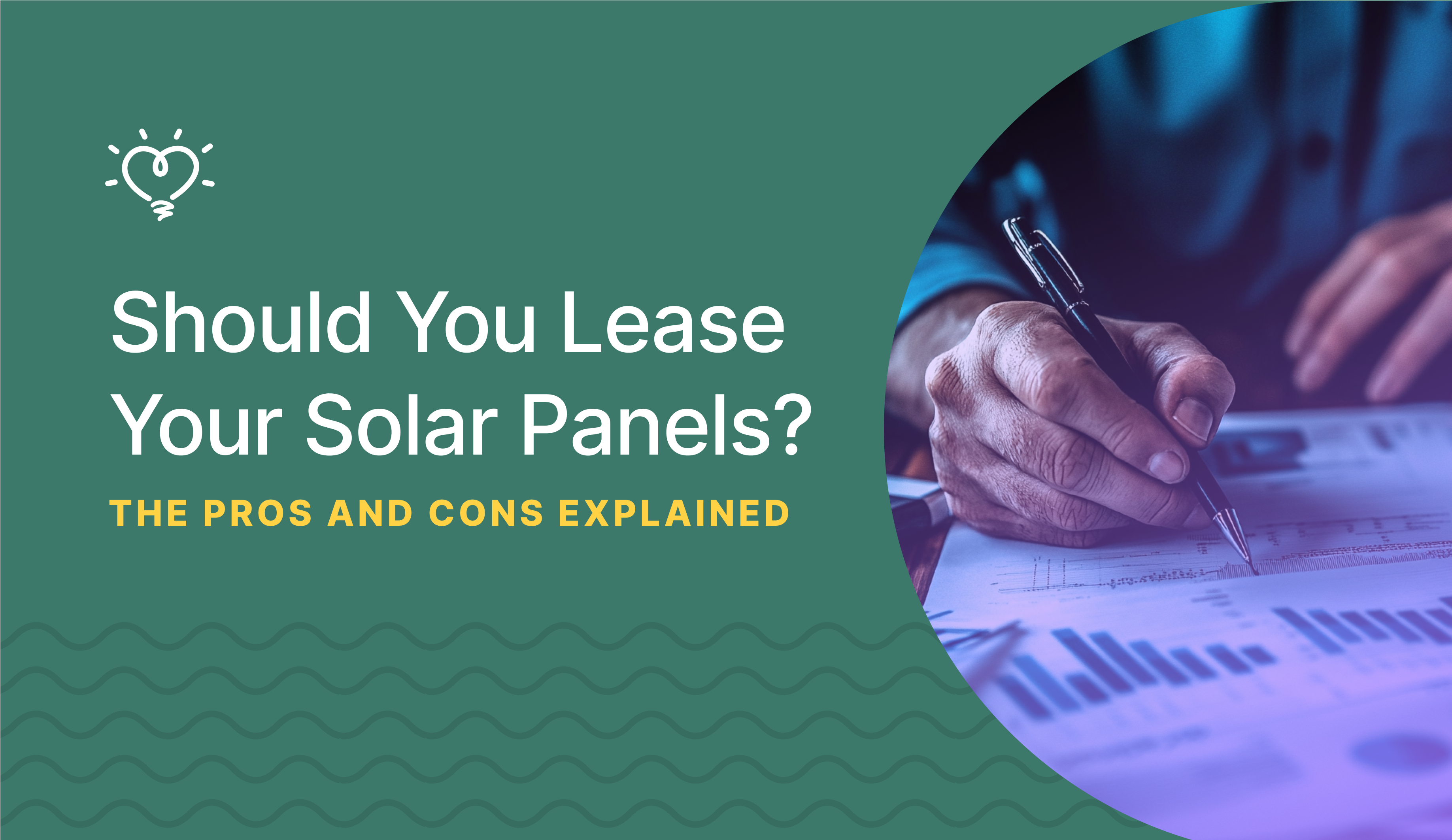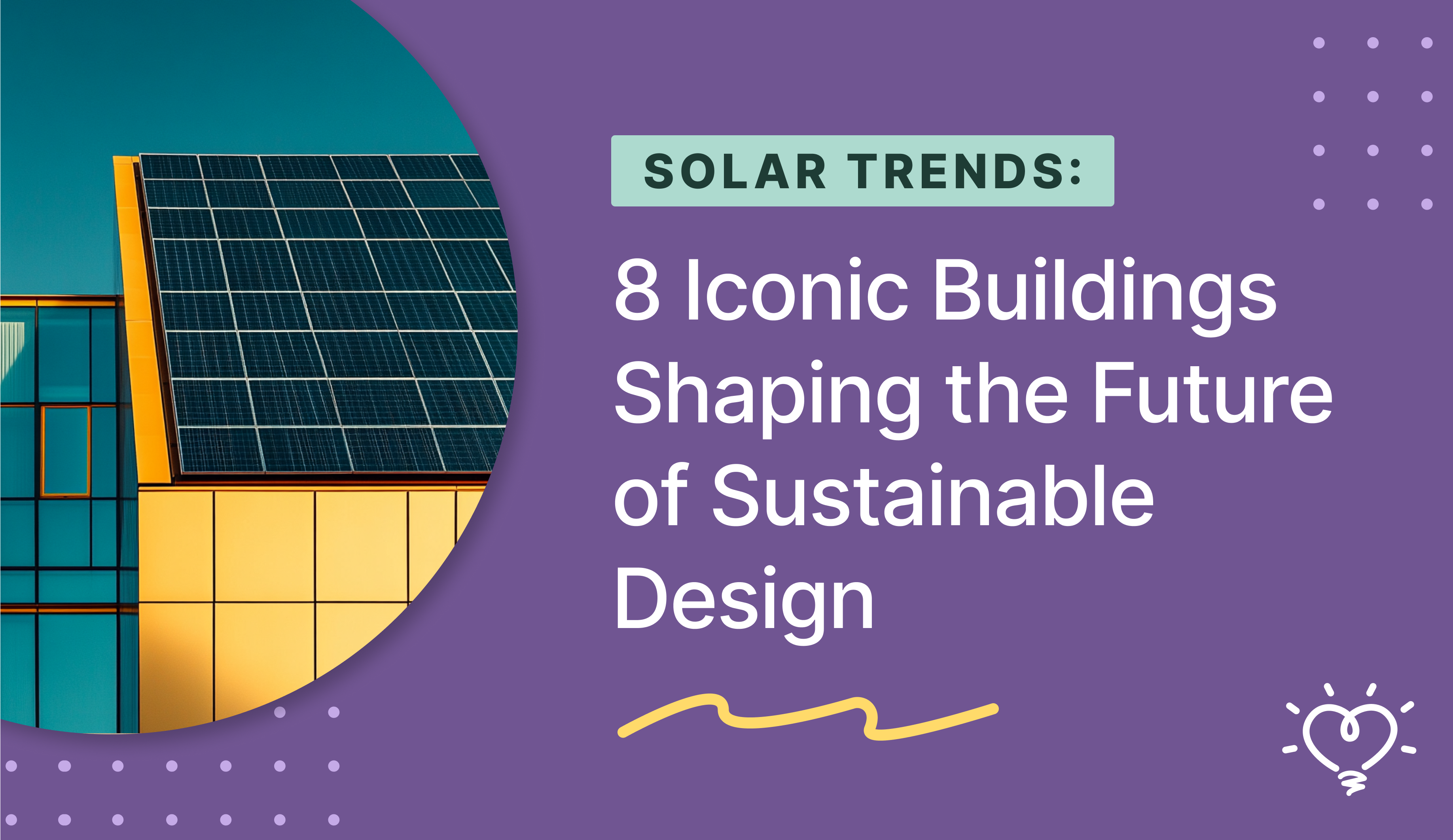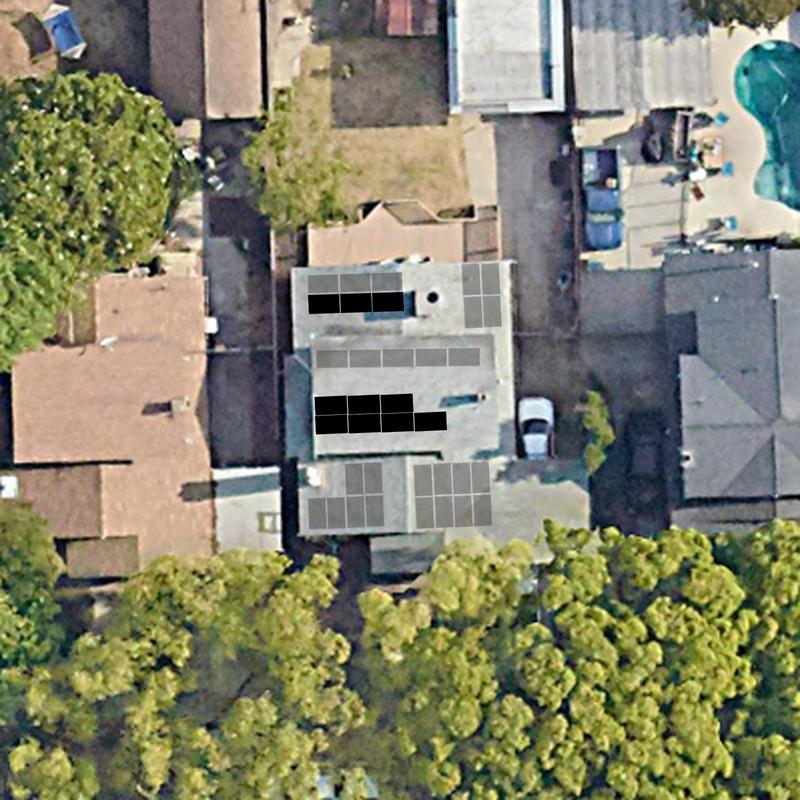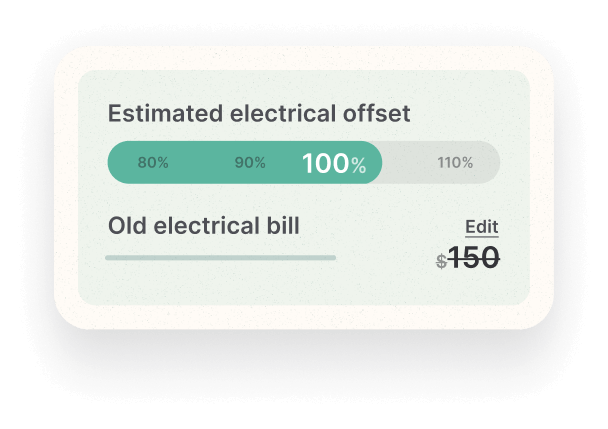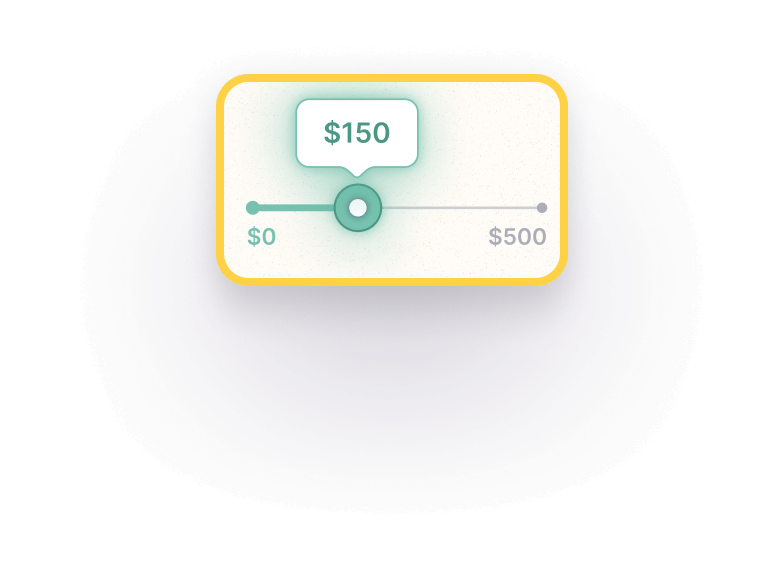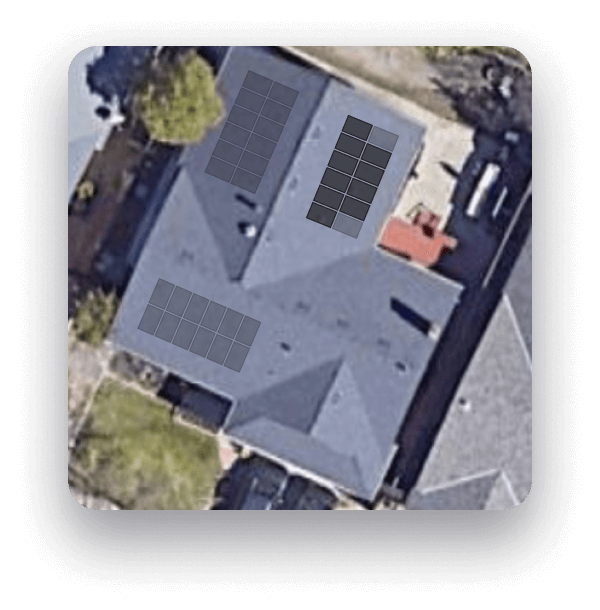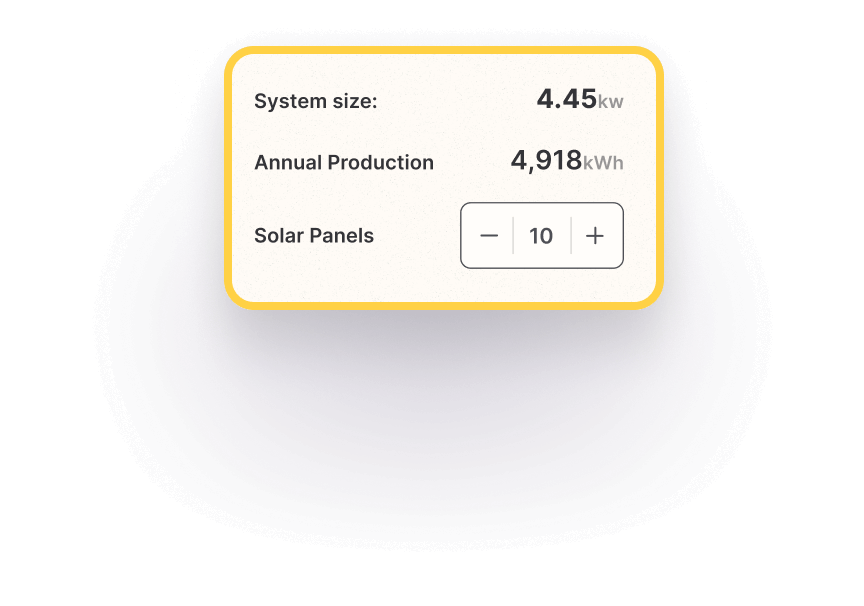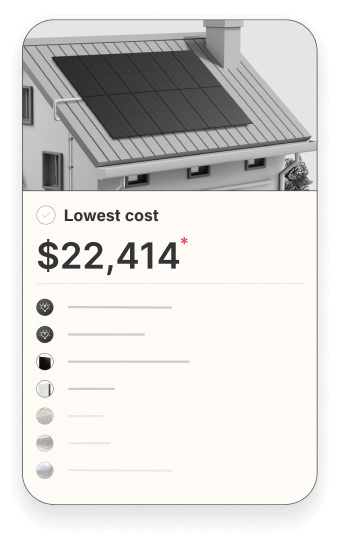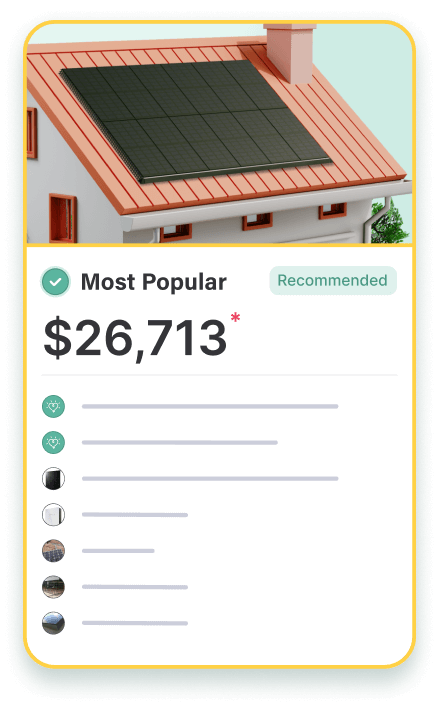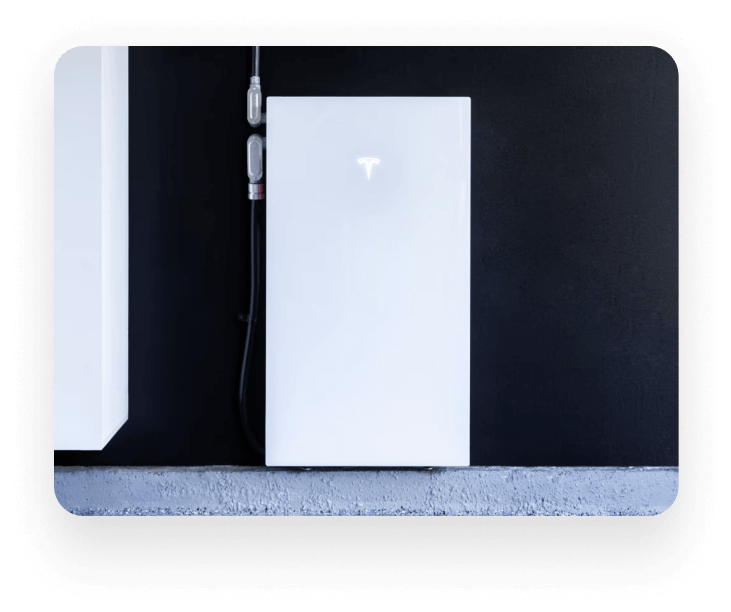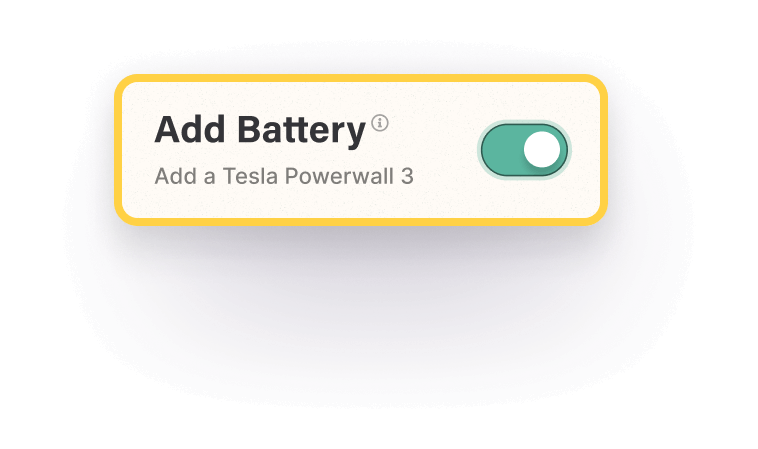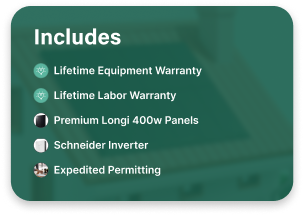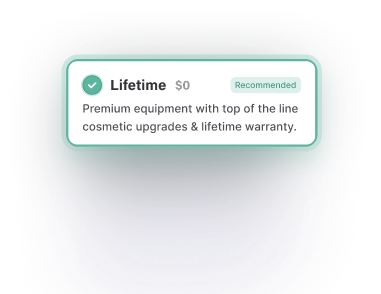Going solar is more accessible than ever before, and advanced machine learning plays a big role in that.
Whatever your views around AI are, the power of data is truly transforming how homeowners make the switch to solar energy. Solar is an industry where most things are still done offline, and all those soft costs really add up. This also contributes to longer-than-predicted timelines, unexpected change orders, and confusion over how well your system is working.
In this post, we’ll cover a few of the ways that AI and machine learning are reshaping how solar systems are purchased, installed, and monitored.
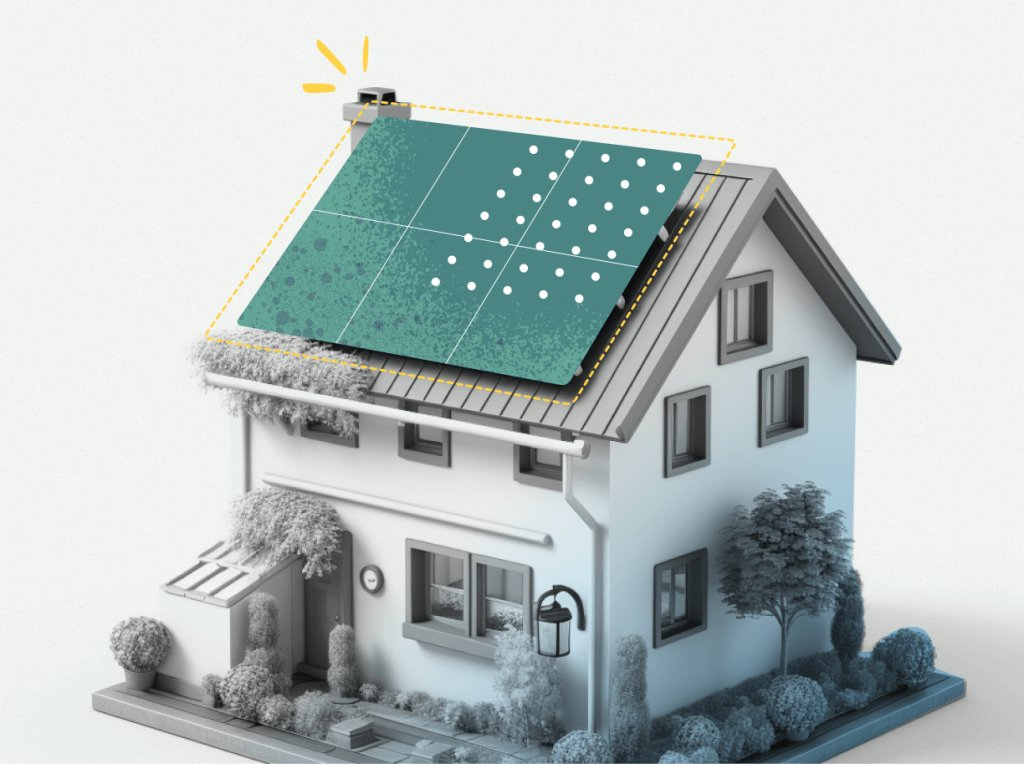
4 benefits of using machine learning in home solar design
Here are a few of the most impactful ways data science and AI are making solar energy more accessible to more people.
Higher accuracy means fewer change orders and shortened timelines
One of the biggest frustrations homeowners face when switching to solar energy is that the project ends up costing them more than what was originally proposed. Change orders are common in pretty much any type of construction project, and solar is no exception.
Among the more common change orders a homeowner experiences is needing to replace their main panel. Without doing this, their project can’t move forward because it won’t pass local inspections. Not only does this cost money, but it also slows down their projected timelines.
Monalee’s patent-pending technology is highly accurate in not only designing an optimal solar system for homeowners, but also predicting exactly what that will cost them from start to finish. In creating an accurate solar quote, our technology takes into account the average utility bill in their local area, how many solar panels they need to fully power their home, and how much sunlight their roof receives on any given day.
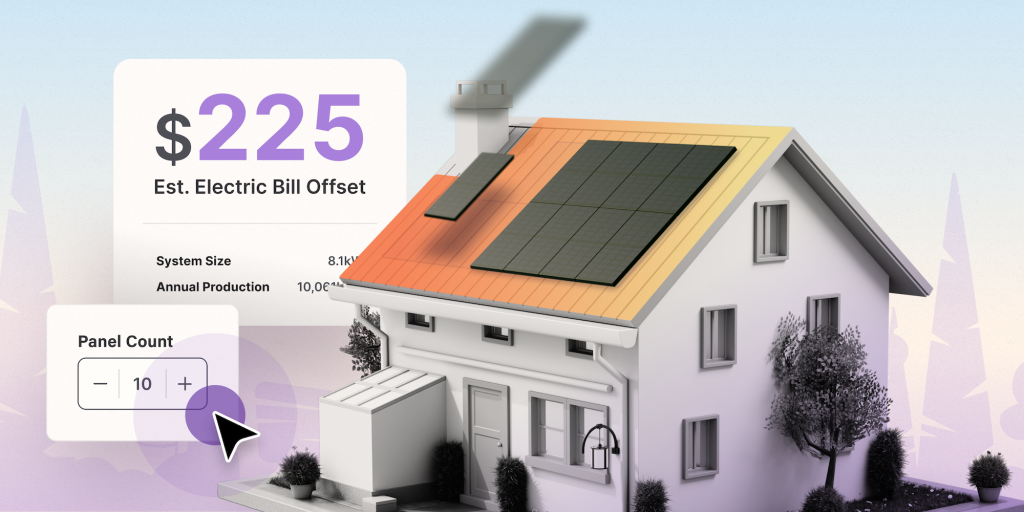
Instant, 3D-rendered designs gives customers the full picture
As we mentioned earlier, most homeowners have to wait a couple days before actually viewing a proposed solar design for their home. Only then are they able to speak with a representative from that company to learn more about what that process will entail.
We’ve found that the majority of homeowners prefer having all the information upfront and making a decision from an empowered place. They’re looking for information around pricing, financing options, their expected utility bill after going solar, and so much more.
The machine learning and AI that Monalee uses millions of data points to digitize and ‘shopify’ the buying experience based on customers’ homes and needs. So many factors are considered: azimuth, solar irradiance, a roof’s plane, fire setbacks, and potential roof obstacles to name a few. Our technology is so advanced that it is just as accurate–if not more–than when a human creates one from scratch.
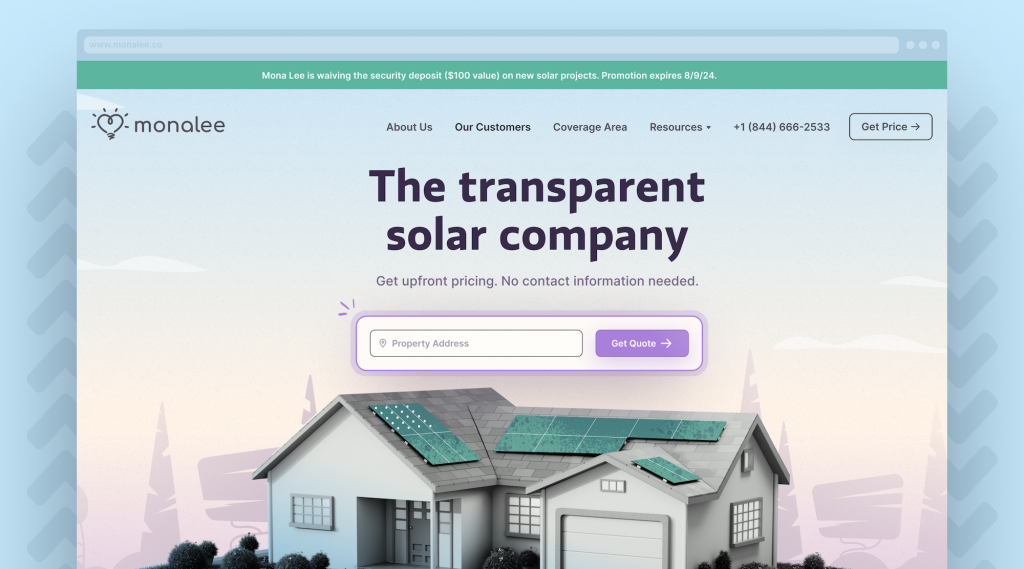
Transparent pricing increases brand trust
As reported by Time, solar salespeople haven’t always been the most forthright in their approach. Many homeowners would receive a knock on the door followed by a pitch to go solar. These reps typically go door-to-door selling homeowners on the idea of residential solar. They can be pushy, self-motivated, and use bait-and switch tactics that ultimately discourage homeowners from moving forward.
With machine learning and data science, solar quotes are closely customized to each home’s unique energy needs. Our technology can predict the estimated electricity bill based on a person’s zip code, among other factors. It also displays the price solar will cost once you’ve factored in the 30% federal tax credit.
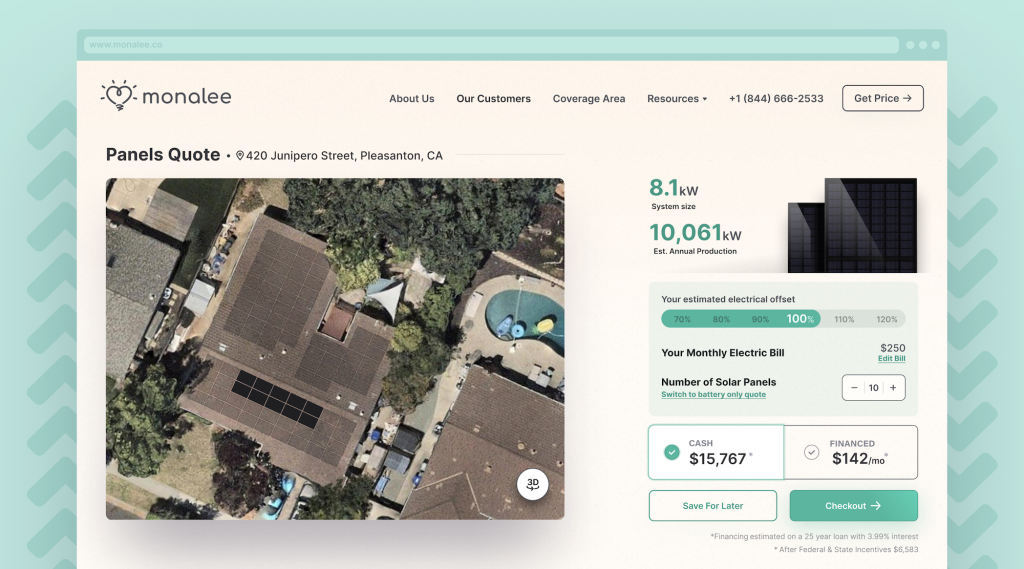
Integrating solar energy into the IoT improves maintenance and operations
The Internet of Things–IoT for short–is a term that refers to smart devices designed to monitor parameters such as temperature, air quality, energy consumption, humidity in the air, and machine performance. Going a step further, this data can be analyzed to identify any patterns or trends that can be used to further improve their operations.
IoT devices bring about increased efficiency, cost savings, and make for an all-around helpful and informative user experience. For solar, IoT-powered smart grid technology ensures that energy consumption is being measured accurately. It also monitors a home solar system and tracks just how much energy each solar panel is producing.
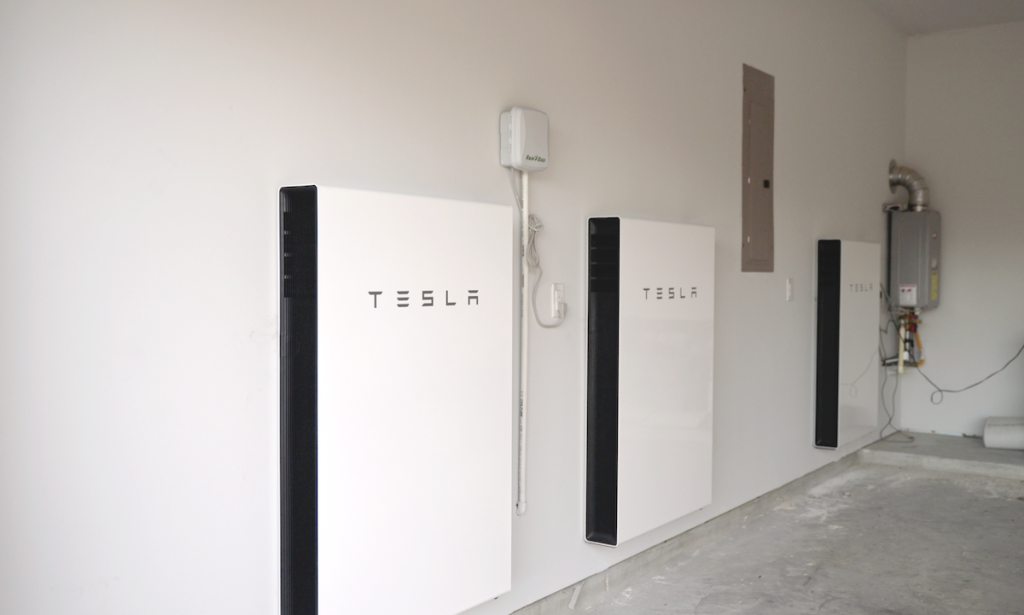
Final Thoughts
In an industry where most things are still done offline, integrating data science and machine learning into the solar buying process is a huge win. Customers are happy and companies are able to offer a more personalized experience. At Monalee, our patent-pending AI is about to cut the price of going solar by up to half, literally saving homeowners thousands of dollars in the process.
